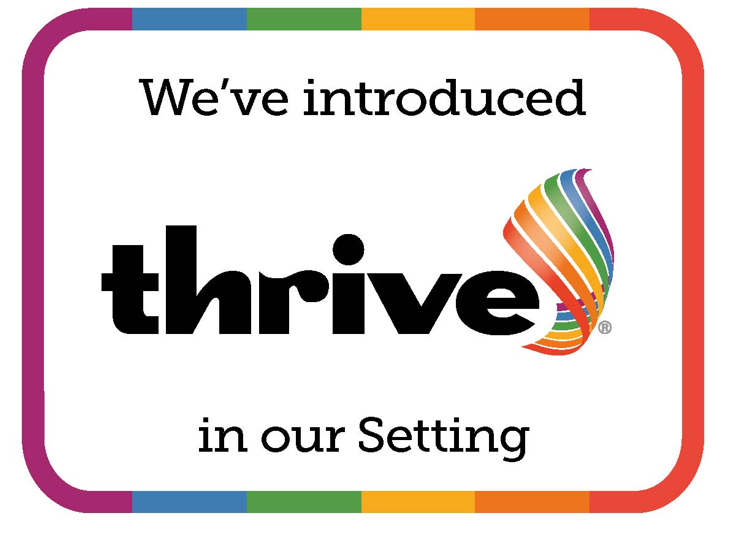Special educational needs and disabilities
'The higher than average proportion of vulnerable and SEND pupils thrive at this small school because no challenge is seen as a barrier to learning or progress. With good SEND provision and focussing upon the needs of the individual child, staff ensure that by the end of each key stage, progress for all pupils is in line with or above national averages, enabling them to flourish academically.' SIAMs inspection March 2020.
Headteacher: Mrs Katie Butler
SENDCo: Mrs Nancy Darke
Admin@bawdsey.suffolk.sch.uk 01394411365
Bawdsey Primary School provides a broad and balanced curriculum for all children, using the National Curriculum as a starting point and embedding British and Christian values. We aim to include all children in our curriculum, and adapt what is offered, as needed, to ensure that everyone can access the learning and make good progress. Where children have additional needs or disabilities, we consider the best way to ensure that they have the same educational opportunities as everyone else, adapting to allow all children to join in and then offering additional interventions to begin to address any identified barriers.
We are very proud of our strong Learning Support Team, who have high levels of training and use their expertise to support all children in school. This team, working closely with class teachers and the SENDCo, identify when there are any concerns with a child’s progress, emotional and mental health, wellbeing, engagement or access to education. We then have a range of methods to consider the root cause of the difficulty and to then offer support that is different from or additional to what is offered to all children as needed, and thus to narrow any gaps and ensure full inclusion.
Bawdsey is proud to be a Thrive school, which means we value and support the emotional and social development of all children and recognise that this is a major factor in children becoming good learners and well-rounded individuals. Every class has a Thrive action plan, based on a whole-school skills-screening, which is used to offer approaches and activities which help the children with the normal, age-appropriate steps of development (including areas such as confidence, resilience, emotional expression and coping strategies, social skills and building positive relationships – and many others). As part of that screening, we also identify any children who may have interruptions or difficulties that occurred at earlier stages. These might have happened because of a range of factors, such as bereavement, change, trauma, poor health and many others. For those children, we create an individual action plan and can offer small group or individual fun, play-based sessions which have been shown to have a very positive effect on children’s wellbeing and ability to access and succeed in school and the wider world (please see PowerPoint attached to this page for more information). This is also offered to support children who are experiencing challenging or adverse situations now.
Children who have additional needs or difficulties that are beyond that which can be supported within normal, Quality First, teaching and support already in place are supported through a Graduated Response approach, which means that we will try different approaches, developing a Personalised Learning Plan (PLP) to help them adapt to or overcome barriers to learning. This follows a Plan, Do, Review cycle. Some additional needs may be short-term, and all children can have additional needs regardless of age, ability or previous history. We aim to identify these accurately and work to overcome or accommodate them effectively.
Children are considered disabled if they “… have a physical or mental impairment that has a ‘substantial’ and ‘long-term’ negative effect on their ability to do normal daily activities.” (Equality Act 2010). This can relate to physical, learning and/or mental-health needs. We aim to be a disabled friendly school:
- All classrooms and outside play areas are accessible to wheelchair users and those with mobility restrictions).
- Navigation around the school is easy because of the small size of the building and logical, simple layout.
- We have a range of adaptive technology to support inclusion and have worked with special school and LA advisors to ensure this is used and developed effectively and reflects advances in technology and understanding of disability.
- We have close links with a range of outside advisors and agencies, who support us with giving children with disabilities and additional needs the best possible provision and support.
- We work closely with families to ensure consistency, good communication and continuity of care. We also support families, as far as possible, to cope with their often-challenging role as care providers and to offer signposting and links to agencies who may be able to offer further support and information.

